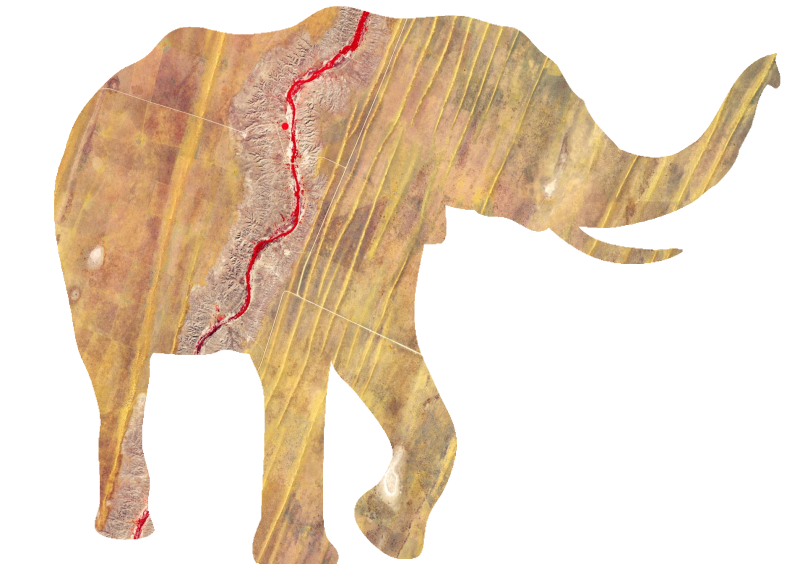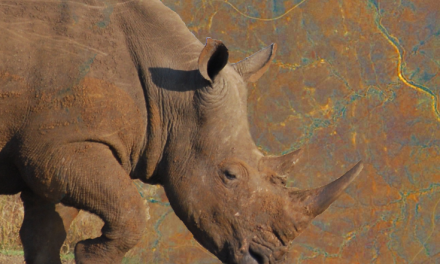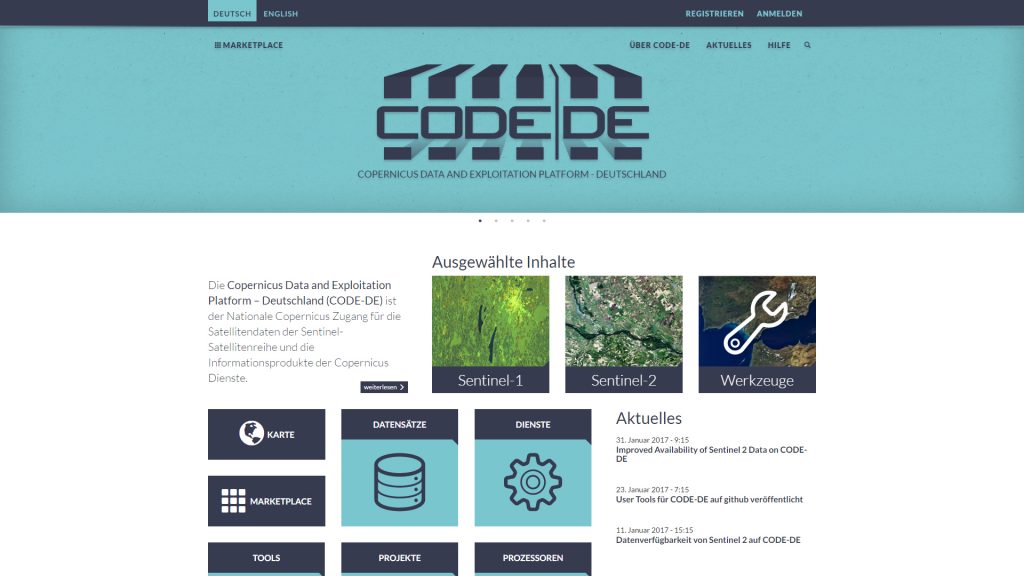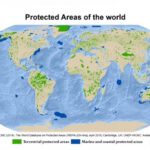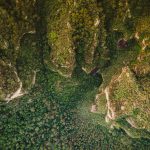On the 30th-31st of March 2017, the Geomatics Lab is hosting the Workshop
“Remote Sensing of Ecosystem Functioning”
, bringing together a group of researchers from GEO BON (Group on Earth Observations Biodiversity Observation Network) Ecosystem Function Working Group. On the 30th the workshop will take the form of a mini-conference with public talks on the topic. We invite all interested students and researchers to attend these talks. If you cannot make it to Berlin, you are welcome to watch the full program via live stream (see below).
Mini-conference on “Remote Sensing of Ecosystem Functioning”
Date: March 30th 2017
Time: 10:30 am – 5:30 pm
Place: Erwin-Schrödinger-Zentrum (ESZ), Rudower Chaussee 26, 12489 Berlin, room 0’101
Workshop description
In times of global change, international societal targets were defined to help prevent and mitigate losses in global biodiversity. In order to monitor progresses towards these targets, it is necessary to monitor biodiversity globally and in a standardized manner. This leads to the definition of Essential Biodiversity Variables (EBVs) relating to biodiversity ranging from genes to ecosystems. Ecosystem functioning is a highly relevant EBV class, as it enhances our knowledge and understanding of ecosystem processes and its change. It comprises variables such as net primary productivity, secondary productivity, nutrient retention, and disturbance regime. The global characterisation and monitoring of ecosystem functioning, while being a field of ongoing research, is only possible through remote sensing approaches and thus requires a deep knowledge on both the remote sensing and ecosystem ecology disciplines.
Particularly, the characterisation of ecosystem functional heterogeneity or diversity, based on the EBVs framework concept, may provide unique information e.g. when compared to existing (taxonomic/structural) ecological maps. This effort could be used to inform conservation initiatives such as the International Union for Conservation of Nature (IUCN) Red List of Ecosystems or to report progress towards the Convention on Biological Diversity (CBD) Aichi Targets. Furthermore, it could provide critical information on species habitats and ecosystem services.
This workshop aims at setting up a protocol for deriving an EBV-based global (ecosystem) functional diversity product, thus filling a present research gap. It will join an interdisciplinary group of internationally leading researchers from several institutions from Germany, United Kingdom, The Netherlands, Switzerland, Spain, Portugal, Italy and France. The expertise of this group ranges from remote sensing to ecology, with a focus on functional traits and ecosystem functioning characterization. This initiative may serve as a stepping stone on the actual development of globally valid EBVs at a critical time when it is necessary to move away from concept definition towards actual implementation of functioning EBVs, useful for reporting global biodiversity change.
Program (to be updated)
| Time | Program | Speaker |
| 10:30 | Welcome note | Patrick Hostert |
| 10:40 | Land-use impacts on biodiversity | Catalina Munteanu |
| 11:00 | Remote sensing biodiversity | Pedro J. Leitão |
| 11:20 | Remote sensing of functional traits | Angela Lausch |
| 11:40 | Mapping heterogeneity and richness: snares and solutions | Duccio Rocchini |
| 12:00 | Lunch break | |
| 13:30 | GEO BON & the Ecosystem Structure WG | Andrew Skidmore |
| 13:50 | GEO BON’s Ecosystem Function WG | Nathalie Pettorelli |
| 14:10 | Essential Ecosystem Variables and ecosystem functional properties | Miguel Mahecha |
| 14:30 | Linkages between ecosystem functioning and ecosystem services | Jaime Garcia Márquez |
| 14:50 | Ecosystem functioning in SDMs | Maria João Santos |
| 15:10 | Coffee break | |
| 15:40 | Contributions of radiative transfer models to map ecosystem functioning | Jean-Baptiste Feret |
| 16:00 | Remote sensing functional diversity | Michael Schaepman |
| 16:20 | Conceptual and methodological framework to indentify Essential Ecosystem Functional variables | Domingo Alcaraz |
| 16:40 | Protocol to map ecosystem functional heterogeneity | Néstor Férnandez |
| 17:00 | Summary and wrap-up | Pedro J. Leitão |
